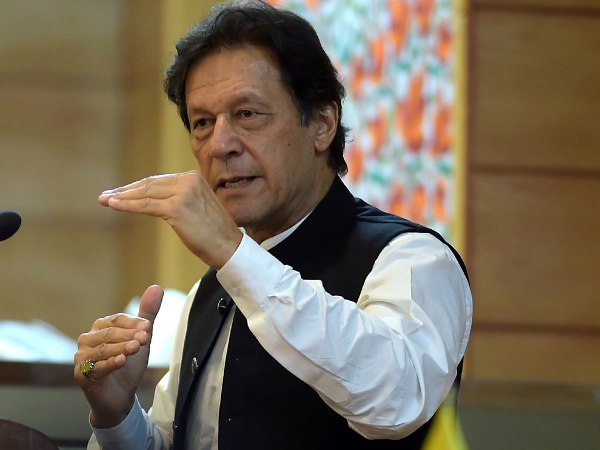–At least 53 mega projects with an approximate Rs5.2 trillion investment will be completed under the programme
–The development plan will be implemented in three years between FY2020-23
–At the end of programme, government aims to achieve 6.7 per cent GDP growth rate
ISLAMABAD: The federal government has announced to introduce ‘Private Sector Development Programme (PSDP) Plus’ plan on the directives of Prime Minister Imran Khan.
The federal government has taken a decision on principle for increasing the volume of the private sector in the development process of the country to expedite efforts for achieving social and economic targets by ending the shortage of funds in completion of the government projects.
Following the decision, the federation announced to introduce ‘PSDP Plus’ project as the premier has forwarded the draft plan to the concerned ministries for reviewing the programme.
Under the PSDP Plus programme, the authorities will start its implementation on different projects underway across the country besides encouraging private sectors to take part in the government-run development projects. The newly-launched programme would expedite the pace of financial and economic progress in development projects and also assist the government in overcoming the shortage of funds through a public-private partnership.
After the successful implementation of the programme, the Gross Domestic Product (GDP) is expected to increase up to 6.7 per cent in the result of the developmental expenditures.
The federal authorities have marked 53 major projects from different sectors to be run under the PSDP Plus which include maritime affairs, aviation, logistics, energy, tourism, information technology (IT), real estate, infrastructure and social sectors. The cost of the projects is estimated at around Rs5.5 trillion which would be completed in the next three years.
The PSDP Plus initiative will also cut the volume of financial allocations from the federal government for completing pending development projects.
Sources said that the concerned authorities will amend regulations and law which is likely to gain investment of Rs3.1 trillion for its implementation besides generating an annual income of Rs1.1 trillion and Rs91 billion collectively in the form of non-tax revenue and taxes respectively.




